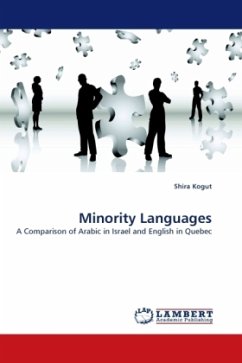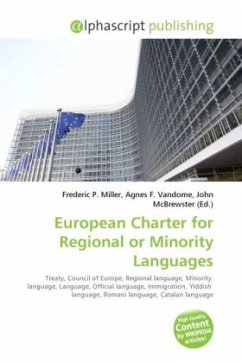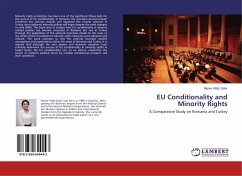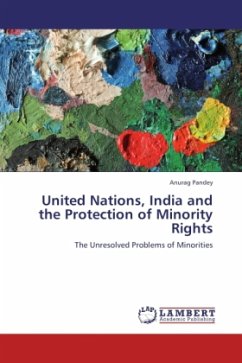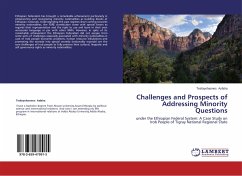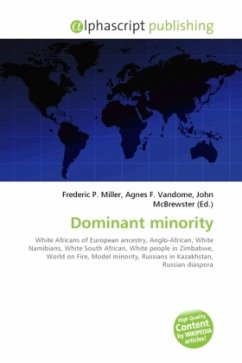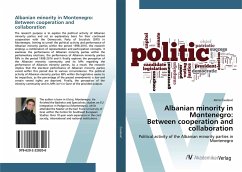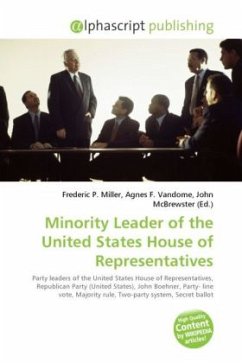This book explores the affect that a successful reverse language shift has had in Quebec and in Israel, two polities identified and governed by their majority ethnolinguistic group. It examines the roles played by majority and minority lanugages in Quebec and Israel in the realms of law, education and the public sphere. It delves into the complex connections between language, ethnicity, culture, nationalism and freedom of expression. In doing this, it attempts to point out the similarities and differences between the two polities in order to show the advances they have made, while still being realistic about how much legislation and ideological change still need to occur until Arabic and English are seen on an equal level as Hebrew and French, in the eyes of the law and the populations of Israel and Quebec.
Bitte wählen Sie Ihr Anliegen aus.
Rechnungen
Retourenschein anfordern
Bestellstatus
Storno

